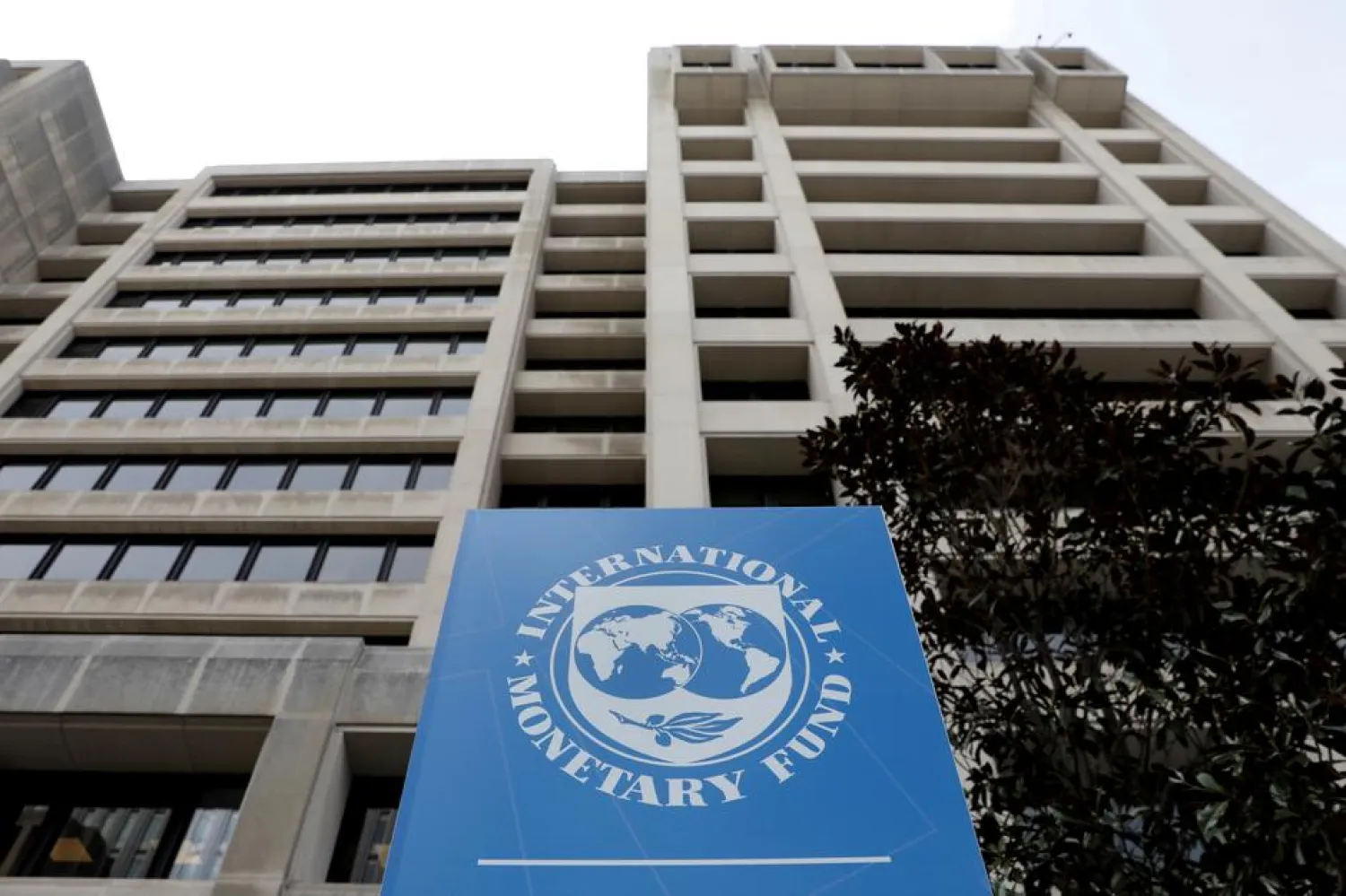The International Monetary Fund is still assessing Iran's request for $5 billion in emergency financing in a process which is taking time partly because of the IMF's limited engagement with Tehran in recent times, Reuters quoted a senior IMF official as saying.
Iran, the Middle East country worst affected by the new coronavirus outbreak, approached the IMF last month to request the $5 billion from its Rapid Financing Initiative, an emergency program that aids countries faced with sudden shocks such as natural disasters.
It was Iran's first request for IMF aid since the country's 1979 Islamic Revolution.
"We have received a request for assistance, and since we have had limited engagement with Iran in recent times, the process of obtaining the information we require to assess the request is taking time," Jihad Azour, director of the IMF's Middle East and Central Asia Department, told Reuters.
Iran has been struggling to curb the spread of the coronavirus. But the Tehran government is also concerned that measures to limit public activities could wreck an economy already strained by US sanctions reimposed since 2018, when Washington exited an agreement to lift them in return for curbs to Iran's nuclear program.
Some businesses - including many shops, factories, and workshops - resumed operations across the country in recent days.
As of April 14, Iran's death toll from COVID-19 had reached 4,683 and it had 74,877 cases of infected people.
Tehran has blamed the United States and its "maximum pressure" policy for restricting its ability to respond effectively to the coronavirus pandemic.
Iranian President Hassan Rouhani said last week the IMF would be guilty of discrimination if it withholds the money for the country, which is a member of the IMF.
"Any member of the fund has the same rights of access to the IMF financing and resources subject to the fund's rules and approval by the director board," Azour said.
In its 2020 Regional Economic Outlook for the Middle East and Central Asia, published on Wednesday, the IMF said Iran's economy is expected to contract by 6% this year, against a 7.6% contraction in 2019.
Inflation - which spiked after the United States reimposed sanctions - is expected to hit 34.2% this year, down from a peak of 41.1% last year.
Iran, a leading member of the Organization of the Petroleum Exporting Countries (OPEC), is also being hit by a plunge in oil prices. Brent crude futures traded at $29.60 a barrel on Tuesday; Iran would need an oil price of $389.4 per barrel to balance its budget this year, according to the IMF.
The IMF forecast the Iranian government's fiscal deficit to widen to 9.9% of gross domestic product this year from a 5.7% deficit last year.









